Climate change is no longer an afterthought for those working in the built environment, says Chris Soffe.
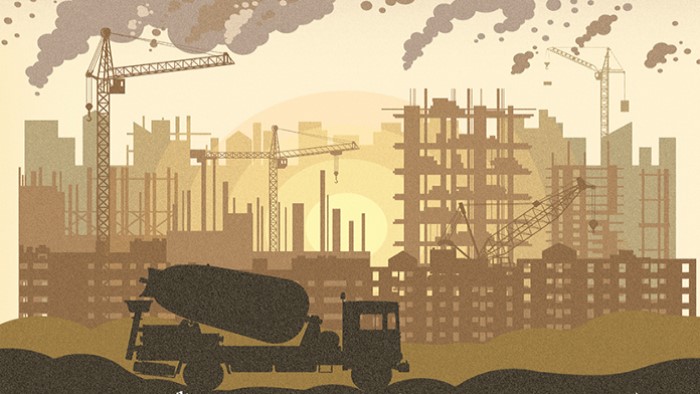
Many comparisons have been drawn between the covid-19 pandemic and the climate crisis over the past year. While the challenges created by the two appear to be very different, there is much that can be learnt from the last 12 months by businesses and policymakers about climate change and, inevitably, the fallout from both will be severe.
There will be a great deal of disruption from projects and built environment initiatives that are late, delayed or cancelled entirely as a result of the pandemic, requiring careful dispute resolution that, though precipitated by Covid-19, will be overtaken by issues surrounding a project’s green credentials going forward.
In other words, while the pandemic has forced a pause in proceedings for which there will be legal ramifications in the short-term, climate change will be our greatest challenge and have a profound effect on how we build long into the future.
"Climate change will be our greatest challenge and have a profound effect on how we build long into the future"
This is not eco-babble or wishful thinking from the tree huggers as the late Duke of Edinburgh memorably called the green lobby. A global survey of 450 corporates and 100 institutional investors commissioned by banking giant ING found that the majority are accelerating their green transformation plans as a result of the pandemic.
Well over half of corporates surveyed — 57% — said they were ramping up their green efforts, with 62% likely to tie executive pay and bonuses to environmental targets this year, it found. Among investors polled, meanwhile, 74% said they had increased their commitments for portfolio alignments to the goals of the Paris Agreement, while 72% said they were adopting more ambitious targets for sustainability outcomes of their ESG (Environmental and Social Governance) investments.
A ‘white swan’ moment
So where does all this leave those of us working the built environment?
As a past president of the CIOB and someone with over 50 years’ experience working in construction management worldwide, I am witnessing an evolution at the moment.
I use the term evolution rather than revolution deliberately, for it is slow, deliberative and measured but it is change. I am seeing what some are calling a “white swan” moment, where our actions as a sector are under the microscope like never before and, as the ING survey shows, coordinated action and convergence on areas such as ESG standards and policy are being seen as essential for accountability and enabling these new targets to be reached.
Many of the supply chains needed to build a thriving future net zero economy are not yet established in any meaningful way and require hundreds of billions of investment across multiple sectors, alongside radical re-skilling of workforces. It cannot be left entirely to the private sector to meet the need.
Governments should set broad frameworks for innovation, link research and development with industrial companies, provide support funding in the right places, and set out clear governance that defines the role for state actors in the process.
Now with the White House and hopefully future US administrations on board and the UK hosting the pivotal COP26 conference later this year I am more hopeful for meaningful progress than I would have been 12 months ago at the start of the pandemic.
The polluter will pay
But what will happen to those that fail to rise to the challenge?
Well, inevitably there will be discord, friction and eventually disputes which will be messy and played out to a large audience. For those losing in this arena, stakeholder value will be perceived to diminish, and brands will be tarnished. Over the course of my career I have worked on dispute resolution and insurance mediation in areas impacted by Hurricane Katrina in the USA, as well as smaller Caribbean islands ravaged by storms, tempests and climate events that have stolen lives and destroyed whole communities.
As we move forward, I predict that “the polluter pays” will become a demand made by those who previously regarded events like these as natural occurrences but who now view them as preventable. Organisations like our own that resolve differences and bring intellectual rigour to solving disputes through resolution processes and expert witness testimony are already seeing an increasing number of approaches from clients who do not want to be on the wrong side of history.
Neither climate change nor even the emergence of a pandemic were completely unexpected, although the speed at which the latter changed the landscape may have taken us somewhat by surprise.
Surely then, as we navigate the path out of one global disaster, for us as the creators of the built environment our focus now must shift to how we prepare for and mitigate against the long-term risks posed by failures to manage the next and far greater challenge.
Chris Soffe is past president of the Chartered Institute of Building (CIOB) and senior board member responsible for Gleeds International Dispute Advisory Group.
Comments
Comments are closed.



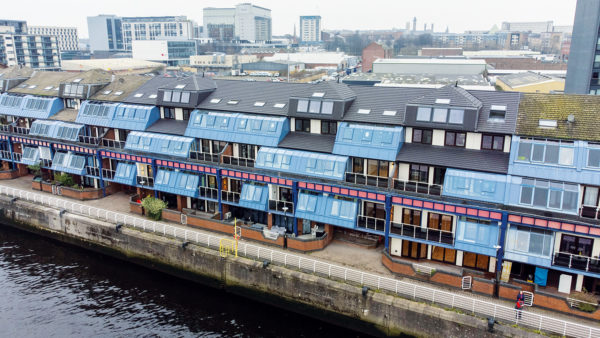
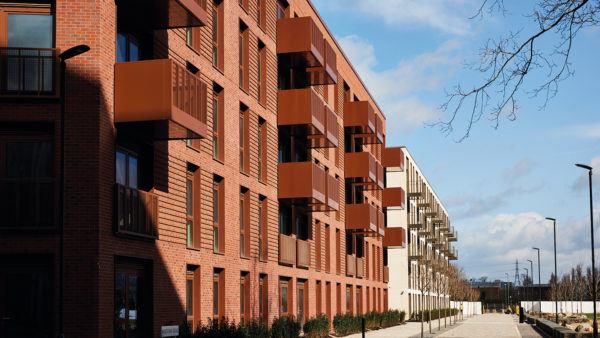
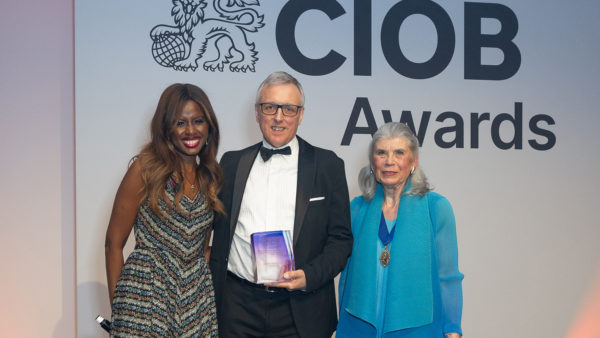
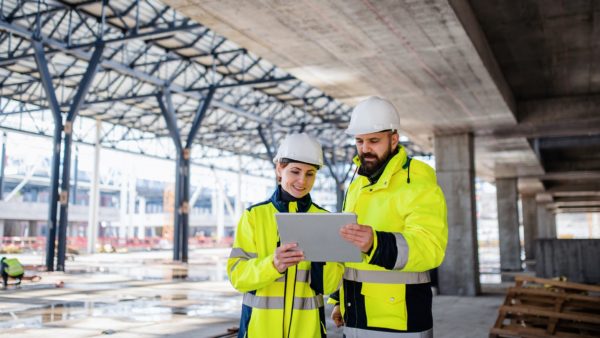
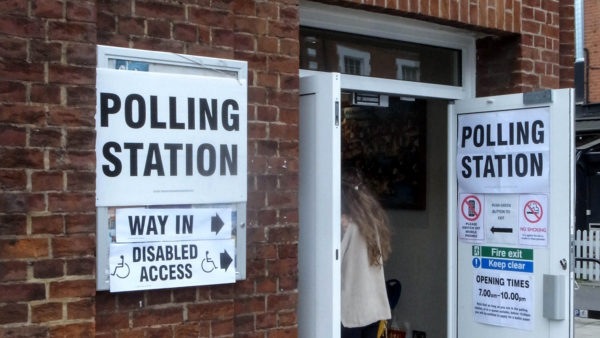
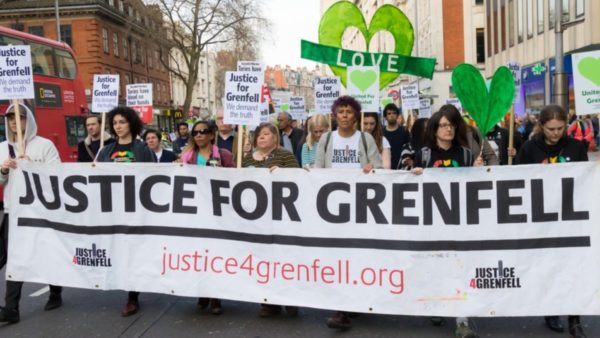


Well then, let’s look at how greener energies are creating new environmental challenges.
The age of fossil fuel dominance is gradually drawing to a close. Green technologies like wind turbines and solar panels will become increasingly common.
They promise a cleaner environment, free of oil and pollution, and a more prosperous and even peaceful world. They seem to be the ultimate solution in fighting climate change – but every new technology is made from raw materials and minerals. Solar panels, wind turbines and electric cars all require metals, some extremely rare, which must be mined somewhere, creating new pollution.
I ask you all to watch a documentary called The Dark Side of Green Energy
The Dark Side of Green Energy is about how the world may be creating a huge dependence on rare materials and minerals – and whether the promise of a clean, “green” world will turn out to be a myth with fresh challenges to our society and environment.
Whilst helping the environment is to be applauded, it must never be a case of hypocrisy and merely shifting the problem to another location – which is exactly what is happening right now!
If you REALLY care about the environment, PLEASE – watch the video.